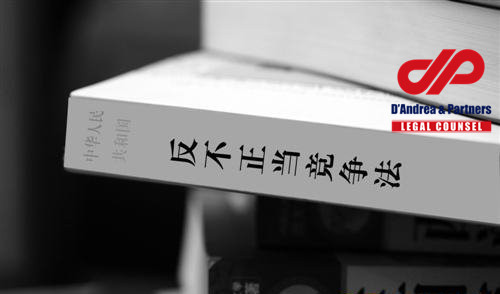On 23rd April,2019, the Standing Committee of the National People’s Congress (NPC) amended the Anti-Unfair Competition Law of the People’s Republic of China (AUCL) which has been passed just over a year since the last amendment on 4th November, 2017. This amendment focuses on the protection of business secrets, but how will this amendment influence the business secret protection for enterprises? In the following passages we will highlight the major points.
1. Enlarge the Scope of Business Secret Infringement
1.1 The newly amended AUCL adds “electronic intrusion” as an unlawful method to acquire business secrets. In various previous cases, many former or current employees who have access to core business secrets might acquire business secrets from the company by secretly downloading, saving, printing and copying confidential information, forwarding internal mails to an external mailbox system, and even hacking the company’s data system. Therefore, the new AUCL specifies that such “electronic intrusion” shall also be regarded as an infringement of business secrets.
1.2 The new AUCL also stipulates that obtaining, using or disclosing the information acquired through instigating people with the aim of violating their confidentiality obligations, would be regarded as business secret infringement. This situation frequently occurs among business competitors. For example, a company may induce certain employees of its competitors to “jump ship” to their company and request the employees to disclose the business information of its competitors. Such behavior would likely be considered as illegal under the new AUCL.
2. Extend the scope of infringers
The new AUCL extends its regulatory subjects from business operators to natural persons, legal persons and unincorporated organizations, all of which are included in the scope of subjects responsible for business secret infringement.
Before the amendment, if any natural person such as an employee or a resigned employee would have divulged the company’s business secrets, the company could only ascertain their liability through tort liability law. Such employees would have hardly received any administrative punishment but thanks to this new amendment, now, such infringement behavior will also be regulated by AUCL and those natural person infringers are also likely to face huge fines as expanded upon below.
3. Principle of punitive damages
Punitive damages are awarded in addition to actual damages in certain circumstances. Punitive damages are considered as punishment which will typically be issued at the court’s discretion when the defendant has a malicious intention. This compensation principle is widely used in intellectual property protection. For example, Article 63 of the Trademark Law stipulates that, in the case of malicious infringement of exclusive use of a trademark, punitive compensation may be imposed between one and three times the loss.
For the purpose of effective protection of commercial secrets and intellectual property rights, Article 17 of the new AUCL explicitly stipulates the principle of punitive damages. Where a business operator is maliciously and seriously engaged in the infringement of business secrets, the amount of compensation could be requested between one time to five times of the loss. The establishment of punitive damages intends to deter infringement by increasing the cost of violations.
4. Reversal of the Burden of Proof
The Article 32 of the new AUCL specifies the reversal of the burden of proof in case of unfair competition. In other words, in the case where the obligee has provided prima facie evidence which can reasonably prove that his/her business secret has been invaded, the suspected infringer is obligated to prove that he did not conduct any infringement. This significant revision will be an excellent solution to the long-standing difficulties for rights holders to provide infringement evidence in practice.
In conclusion, as business secrets are of great commercial value to every company in the market. Most evident by Coca-Cola’s long-standing protection of the secret Coca-Cola formula, which has become an excellent precedent for business secret protection. The issuance of new AUCL hopefully will contribute to the legal support of business secret protection.
However, not all business information can be protected as a business secret. Have you ever considered how to convert business information into a business secret and how to effectively manage employees who have access to business secrets in a legal manner? If you want to learn more about business secrets, feel free to contact us at info@dandreapartners.com.


